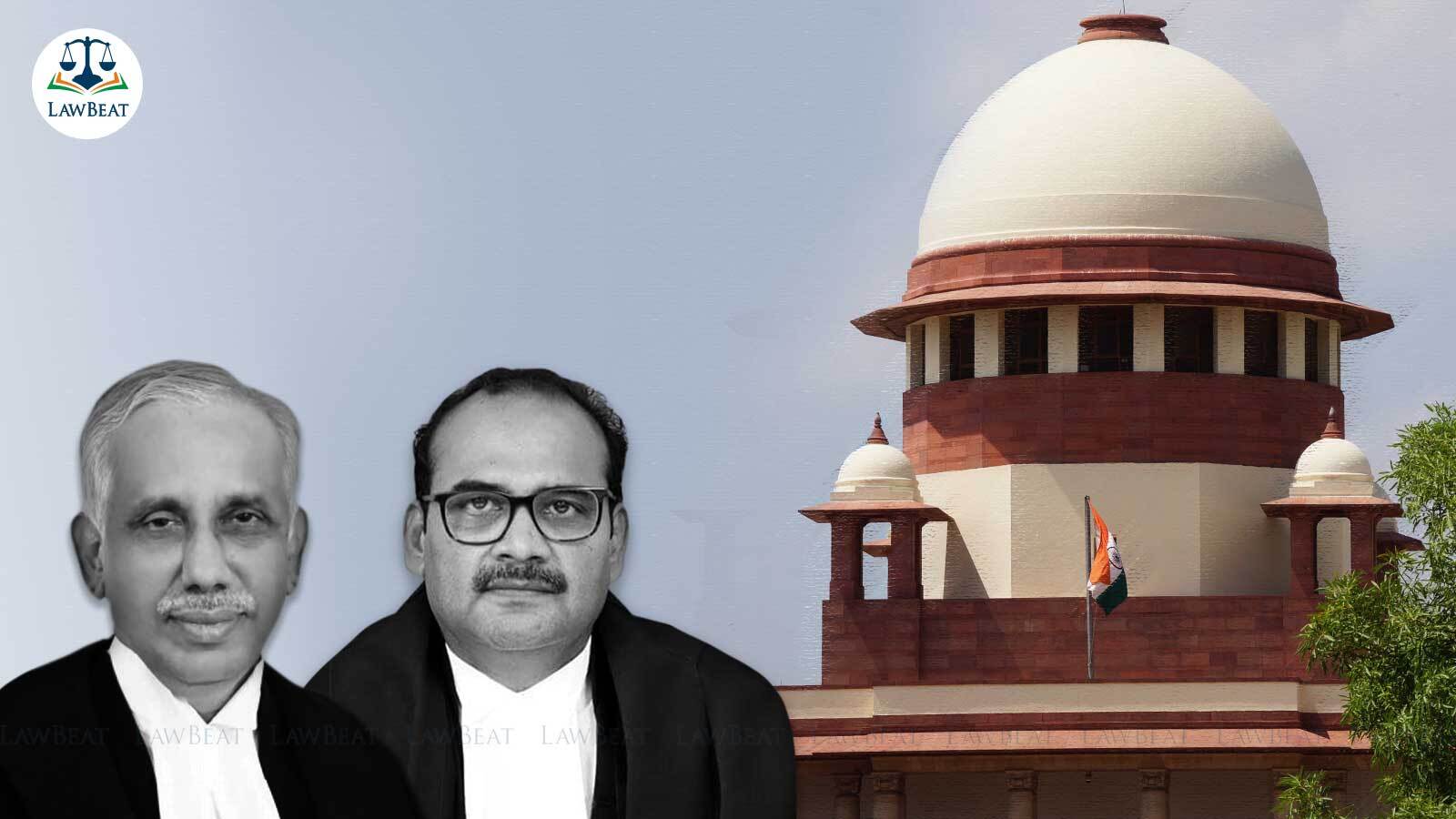Economic soundness, social strata, behavioural pattern to be considered deciding transfer of proceedings plea in matrimonial matters: Top Court

A division bench of the Court further opined that generally, it is the wife’s convenience which must be looked at while considering transfer.
The Supreme Court on Monday held that in matrimonial matters, wherever courts are called upon to consider the plea of transfer of proceedings, the Courts have to take into consideration:
- economic soundness of both the parties,
- the social strata of the spouses and their behavioural pattern,
- their standard of life prior to the marriage and subsequent thereto and
- the circumstances of both the parties in eking out their livelihood and under whose protective umbrella they are seeking their sustenance to life.
Court added that given the prevailing socio-economic paradigm in the Indian society, generally, it is the wife’s convenience which must be looked at while considering transfer.
"Further, when two or more proceedings are pending in different Courts between the same parties which raise common question of fact and law, and when the decisions in the cases are interdependent, it is desirable that they should be tried together by the same Judge so as to avoid multiplicity in trial of the same issues and conflict of decisions...", observed a bench of Justice S Abdul Nazeer and JK Maheshwari.
Top Court made these observations while allowing an appeal by a woman, challenging an order of the Madras High Court whereby it had rejected her petition seeking transfer of proceedings in a petition filed by her husband before the Family Court, Vellore, to the Family Court at Chennai.
The husband had alleged that the woman/his wife started quarreling and fighting with him for petty things and refused to consummate the marriage. Accordingly, he approached the Family Court, Vellore, for annulment of their marriage.
The woman filed two cases before the Family Court at Chennai against her husband, one for restitution of conjugal rights under Section 9 of the Hindu Marriage Act, 1955, and the other for maintenance under Section 125 of the Cr.P.C.
It was woman's case that her parents are old and that she is aged 21 years and not in a position to travel to Vellore through out the court proceedings without having any support.
In addition, she contended that it would not be possible for her aged parents to accompany her to Vellore. Court was further told that she is totally dependent on her parents morally and financially, is not employed and does not have any other source of income, and moreover, she does not have any accommodation for staying at Vellore.
The cardinal principle for exercise of power under Section 24 of the Code of Civil Procedure is that the ends of justice should demand the transfer of the suit, appeal or other proceeding, the Court noted.
The division bench further held that it would be difficult for the woman to travel all the way from Chennai to Vellore to attend the court proceedings of the case filed by the respondent seeking annulment of marriage.
Holding it to be just and proper to club all the three cases together to avoid multiplicity of the proceedings and conflict of decisions, Court ordered transfer of pending case before the Family Court, Vellore to the jurisdictional Family Court at Chennai.
Case Title: N.C.V. AISHWARYA vs. A.S.SARAVANA KARTHIK SHA
